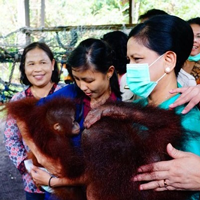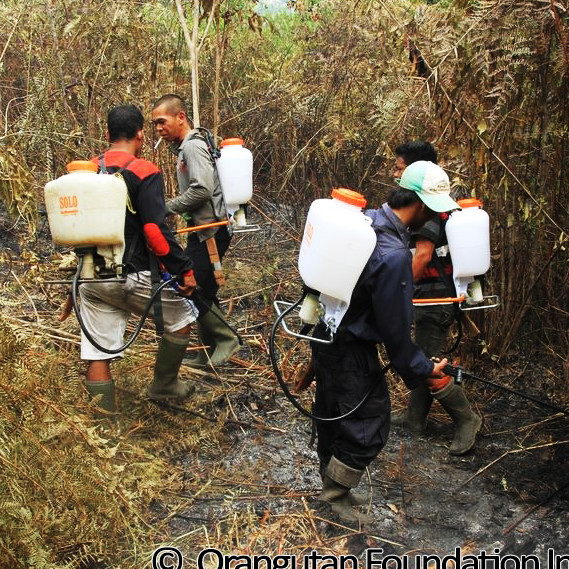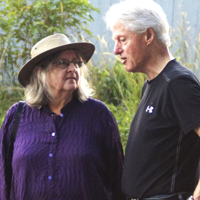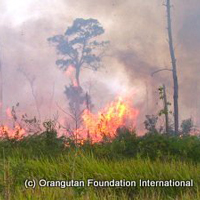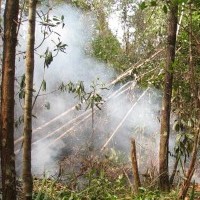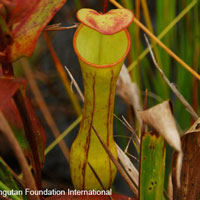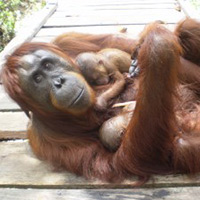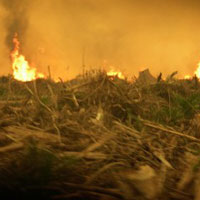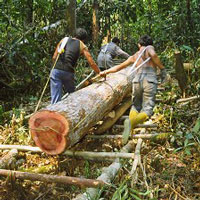President Jokowi and his wife, Ibu Iriana, arrived in Pangkalan Bun early in December 2014 after much speculation and excitement. While President Jokowi visited palm oil plantations in Kalimantan Tengah,… Continue reading First Lady of Indonesia, Ibu Iriana, Visits OFI’s Care Center
First Lady of Indonesia, Ibu Iriana, Visits OFI’s Care Center
